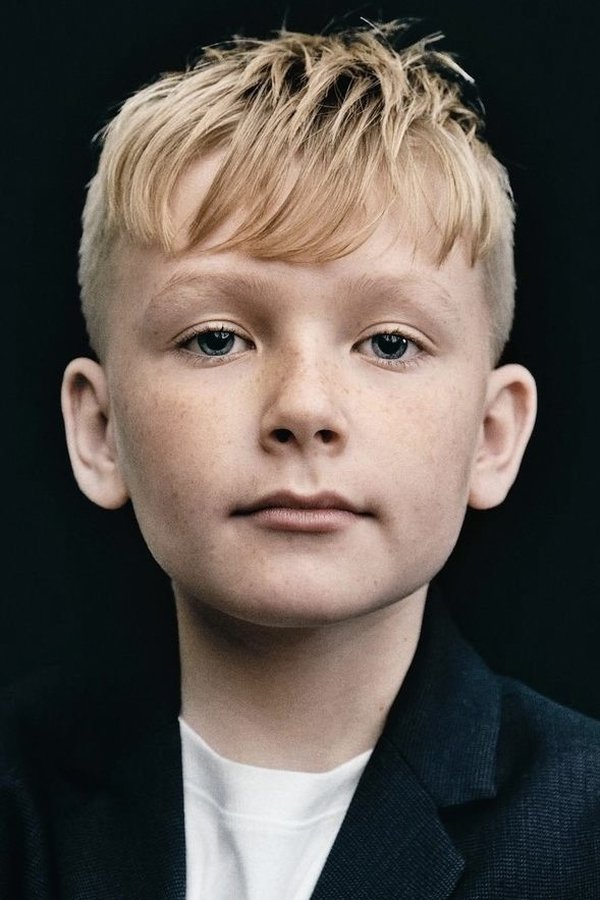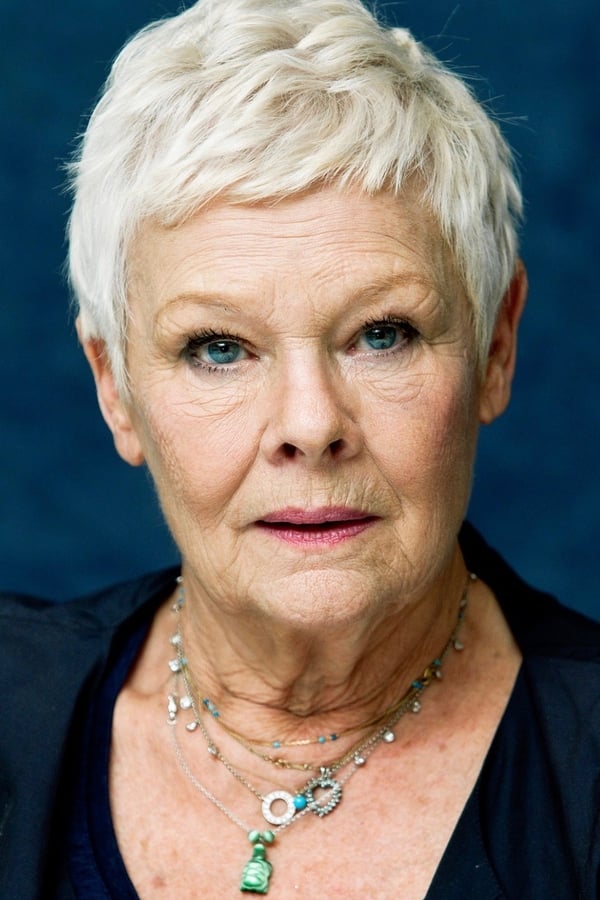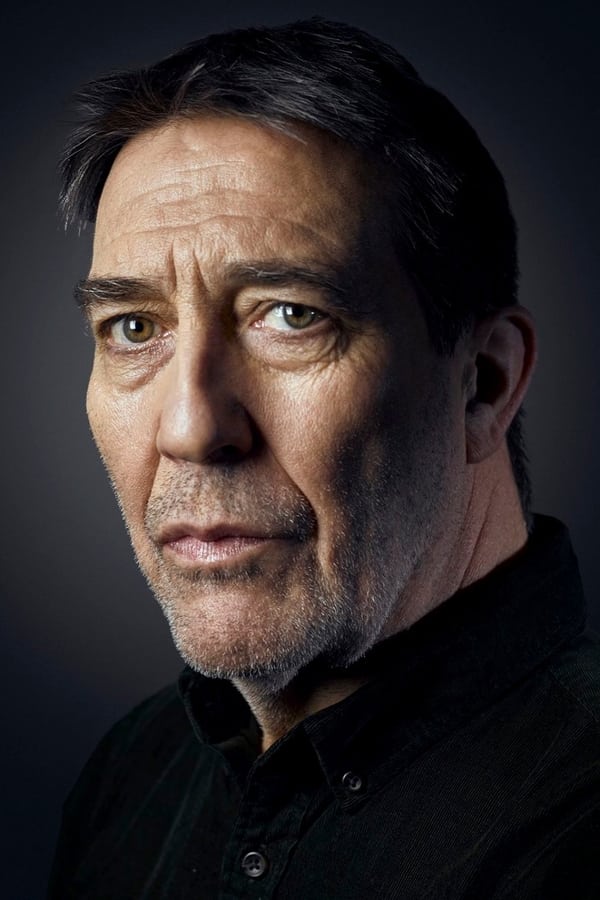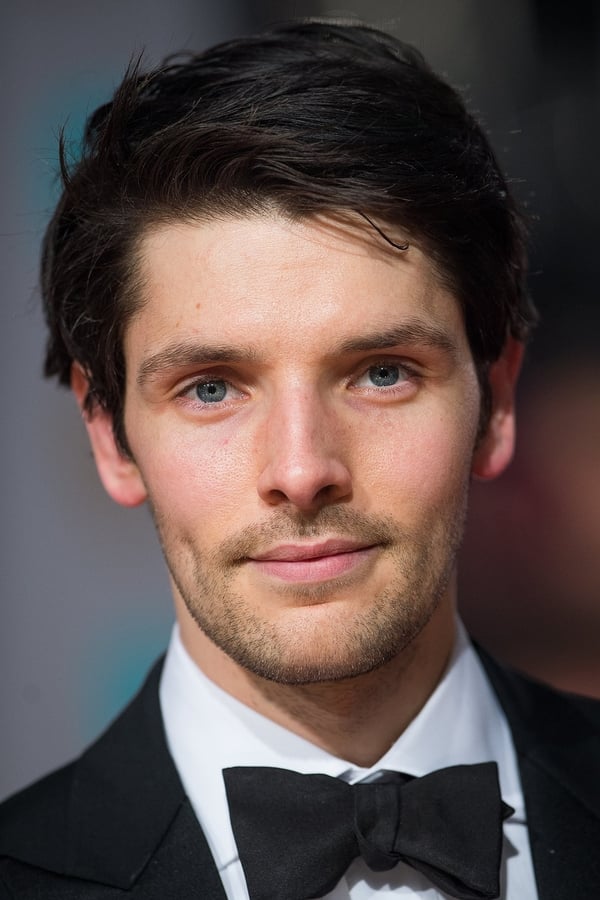The 94th Academy Awards are right around the corner and with some truly wonderful films like The Power of the Dog, Dune, CODA, Belfast, and Licorice Pizza, the race for Best Picture is incredibly tight. But there's a film that has been gaining momentum at the perfect time - Ryusuke Hamaguchi's Drive My Car. Since the inception of the ceremony, The Academy had long avoided awarding foreign films the honor of Best Picture, even going as far as to award Alfonso Cuaron Best Director for Roma, then proceeding to give the Best Picture award to Peter Farrelly's Green Book in 2019. But in 2020, they finally broke this near century-long habit and awarded Bong Joon Ho's masterpiece Parasite with not only Best International Feature but Best Director and of course, Best Picture, becoming the first foreign film to ever do so. Now Drive My Car has the chance to do the same.
Drive My Car exudes a palpable sense of dreariness and lifelessness that is further embodied by Yusuke, portrayed tragically by Hidetoshi Nishijima, which is historically, exactly what The Academy loves. This film is a slow-burn that demands your attention in every scene, and by slow-burn, I mean glacial. You feel every second of its three-hour runtime and it asks for long periods of empathy and introspection that you have no choice but to give. It can be exhausting being enveloped in such monotony and gloominess, but this isn't the only experience Hamaguchi gives the audience - we also get to witness a journey to acceptance, albeit a lackadaisical one, that eventually leads to a moment of incredible emotional surrender and catharsis. This no doubt puts Drive My Car in a great position for Best International Feature (which it's surely a lock for) but also Best Picture being as there's one thing that The Academy has proven to cherish above all else, no matter what...the Drama.
But it's not exactly a shoo-in. There is stiff competition this year - whether it's Jane Campion's The Power of The Dog, which is very similar in style with a very slow and permeating feeling of dreariness, or Sian Heder's CODA which takes enormous steps forward in the way of deaf representation, we also have to acknowledge films like Paul Tomas Anderson's Licorice Pizza or Denis Villeneuve's Dune where the craftsmanship and quality are among the best Hollywood has to offer but lacking major representation. But Drive My Car is in an interesting position being the first foreign film nominated for Best International Feature and Best Picture since Parasite, while The Academy has been getting better at nominating the films that belong in both categories, they've been rather choosey about awarding foreign films the honor of Best Picture. It's possible for this narrative to change of course, but in a year with so many excellent films deserving of the award, I can't help but feel it might be overlooked. But of course, I'm no insider, I'm basing this entirely on the history of The Academy and their shoddy history of selecting Best Picture winners.






















